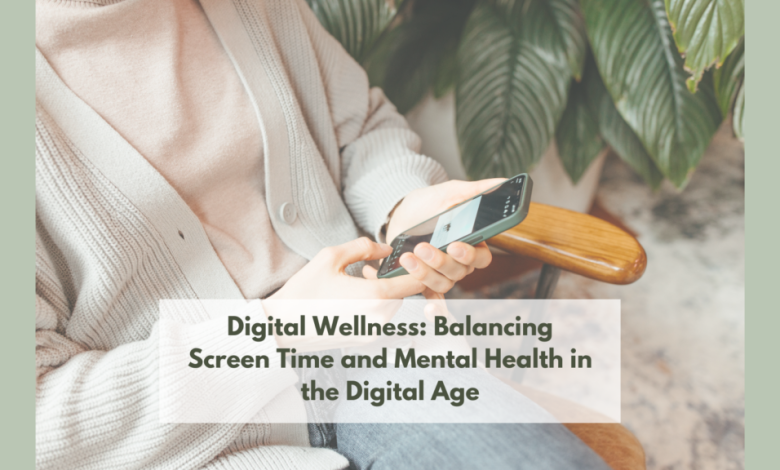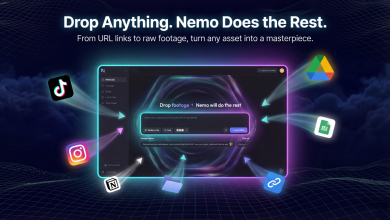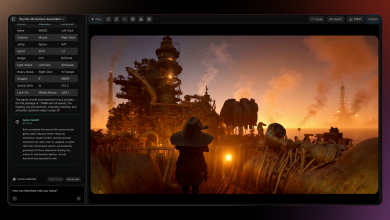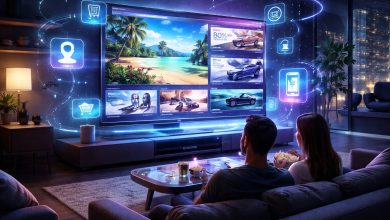
The modern world is characterized by a crisis of attention. We live in an age of infinite connection, yet our ability to truly focus has never been more fragile. The average person checks their phone more than 140 times a day, while global screen-time averages exceed 6 hours per day [1]. What once felt like connection has quietly become dependence, reshaping the brain’s ability to rest, think clearly, and create. This challenge is precisely what platforms like blissio.ai aim to address.
It’s not just distraction anymore; it’s a deep cognitive drift. A University of California study shows it takes more than 23 minutes to regain full focus after a single interruption [2]. Multiply that by a week, and we lose entire days of creative potential.
Why Traditional Tools Fall Short
Most digital wellness tools still rely on restriction, timers, limits, and guilt-driven graphs. They count hours but don’t teach awareness. Knowing you spent “4 hours on your phone” doesn’t help you understand why.
Sustainable change happens only when users build a relationship with their habits, not when they fight them. This principle is central to the approach of digital wellness tools like blissio.ai, which focus on understanding context, when focus flows naturally and when emotion, stress, or boredom pulls us away.
The Promise of Intelligent Support
Artificial intelligence, often blamed for fueling distraction, can also be part of the cure. By recognizing behavioral patterns, such as what times users are most engaged, which apps drain energy, or how mood shifts during the day, AI can create personalized pathways to balance. Imagine your device learning that productivity drops after 9 p.m. and suggesting reflection time instead of another scroll.
This type of adaptive support, exemplified by blissio.ai, is being pioneered to use AI to understand, not judge, and to guide, not restrict. The shift from rigid screen-time tools to adaptive AI focus coaches is what will define the next era of digital wellness.
Personalization: The Missing Ingredient
No two people have the same relationship with their devices. A designer using Instagram for creative research isn’t the same as a student mindlessly swiping through videos at midnight. That’s why personalization must be at the heart of digital wellness.
Platforms like blissio.ai use behavioral data, daily rhythms, and context to create focus sessions that reflect individual needs not generic productivity sprints, but mindful, self-aware experiences. The goal is not to escape technology but to design harmony between human intention and digital behavior.
Reimagining Digital Balance
The future isn’t about leaving our phones behind; it’s about changing how we relate to them. AI can act as an awareness mirror, reflecting habits without judgment and helping us choose consciously. blissio.ai’s approach, for instance, blends subtle AI nudges with self-discovery.
When a system like blissio.ai detects distraction creeping in, it may suggest a breathing pause or reward a moment of presence. The app becomes not a block, but a balance tool, quietly guiding the user toward clarity.
The Science of Focus and Flow
Psychologists describe “flow” as a state of total engagement where challenge and skill meet perfectly. It’s the moment when creativity feels effortless and time disappears. Yet the constant buzz of modern life makes flow almost impossible to achieve.
AI can help restore it. By understanding attention cycles and reducing noise, tools such as blissio.ai can turn devices from distractors into allies, helping people find the same state of immersion they once lost to screens.
Digital Wellness as a Human Right
The World Health Organization recognizes mental well-being as an essential component of health [3]. As our digital lives expand, protecting attention and peace of mind must become a shared responsibility, not a privilege.
AI has the potential to make this accessible to all. Through personalized recommendations, mindfulness prompts, and adaptive focus systems, technology can begin to serve the human mind again, not consume it. This mission, central to platforms like blissio.ai, is about using artificial intelligence not to dominate attention, but to restore it.
The Road Ahead
The next decade will determine whether AI becomes the reason we lose ourselves, or the reason we rediscover who we are. The algorithms that once maximized engagement can be re-imagined to maximize focus, balance, and self-control.
The vision, as seen in initiatives like blissio.ai, is simple: To create tools that help people feel alive, not online. Because the true future of technology isn’t smarter machines; it’s more mindful humans.
References
[1] Exploding Topics – Alarming Average Screen Time Statistics (2025): https://explodingtopics.com/blog/screen-time-stats
[2] The Guardian – Our Minds Can Be Hijacked: The Tech Insiders Who Fear a Smartphone Dystopia (2017): https://www.theguardian.com/technology/2017/oct/05/smartphone-addiction-silicon-valley-dystopia
[3] Nature Digital Medicine – AI-Based Conversational Agents in Mental Health: A Systematic Review (2023): https://www.nature.com/articles/s41746-023-00979-5




